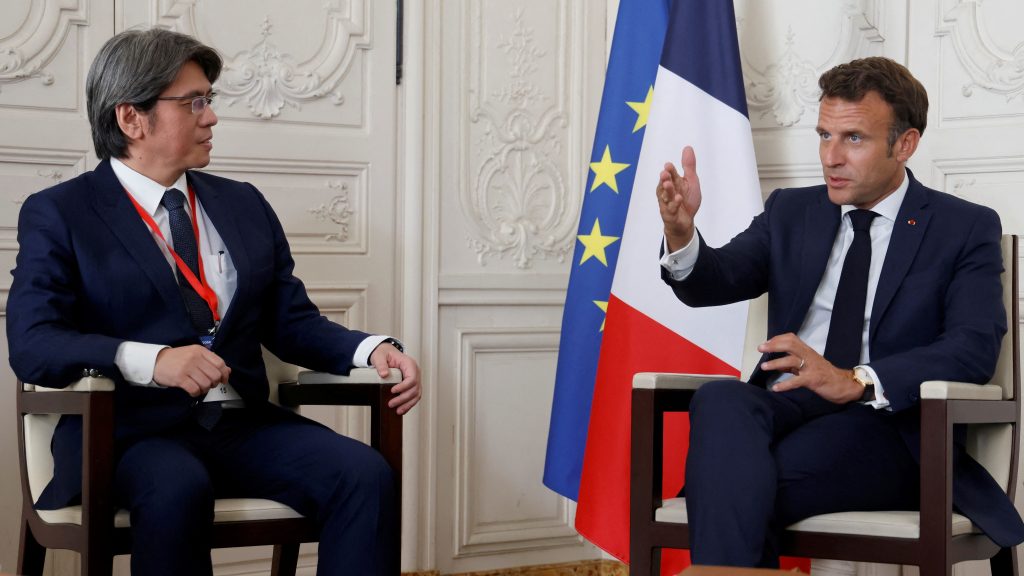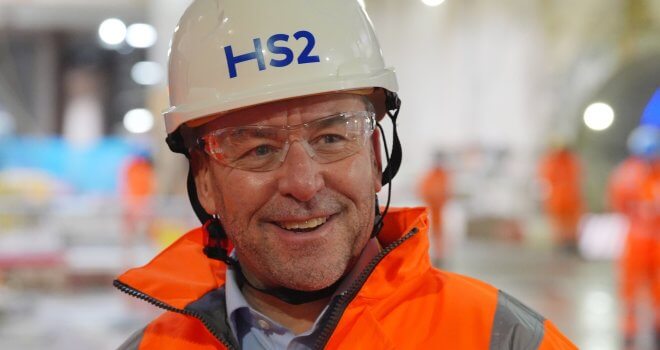France Bags Battery Gigafactory With Aggressive Lobbying, Incentives

France beat out competition from Germany and the Netherlands for ProLogium’s first overseas car battery plant with lobbying from President Emmanuel Macron, deal sweeteners and competitive power prices, executives from the Taiwanese company said.
After narrowing a list of countries down from 13 to three, ProLogium said it settled this week on the northern French port city of Dunkirk for its second gigafactory and first outside Taiwan.
With production slated to begin 2026, the factory will be the fourth battery plant in a northern France, adding to an emerging specialised cluster central to Europe’s electric car industry.
Europe currently largely depends on batteries made in Asia for electric cars, and national leaders are offering various incentives to kick start the industry.
That has become more urgent since the United States last year passed its $430 billion Inflation Reduction Act, which includes major tax subsidies to cut carbon emissions while boosting domestic production and manufacturing.
Macron, who personally met with ProLogium CEO Vincent Yang at the start of the vetting process, was due on Friday to officially announce in Dunkirk the 5.2 billion euro ($5.7 billion) investment.
Gilles Normand, ProLogium executive vice-president, said that after Macron, a former investment banker, pitched Yang more than a year ago Finance Minister Bruno Le Maire followed up and helped make the company’s case with the European Commission for EU financial incentives.
“There was then the realisation that there might be some interesting possibilities, which was maybe a little bit different from the clichés about France,” Normand told a small group of journalists.
The timing of the investment is fortuitous for Macron, who is trying to turn the page on months of strikes and protests over his plans to raise the retirement age two years to 64 and show sceptical voters his pro-business push is bearing fruit.
ProLogium expects the project to create 3,000 jobs directly and four times as much indirectly, a boon in a region where both the far right and far left score high after years of industrial decline.
The emergence of an industrial cluster around the three battery plants already in the works was in itself an attraction, offering a critical mass of material suppliers and skilled workers, Normand said.
Also playing in France’s favour was also its competitively priced zero-carbon electricity, produced by one of the biggest fleets of nuclear plants in the world but also increasingly by offshore wind farms and solar.
Normand added that the government sweetened the deal with an incentives package, but could not give details while further subsidies were under review at the European Commission.
Macron’s government is eager to use the recent relaxation of EU state aid rules to offer new tax breaks and other subsidies to encourage investment in green technologies.
He announced on Thursday that the government would offer a new tax credit worth up to 40% of a company’s capital investment in wind, solar, heat-pump and battery projects.
Meanwhile, the government also hopes to boost consumer demand for European-made electric cars by conditioning a 5,000 euro cash incentive to vehicles meeting demanding low-carbon standards in their production, effectively shutting out non-European cars.
(Reporting by Gilles Guillaume, additional reporting and writing by Leigh Thomas; Editing by David Gregorio)




